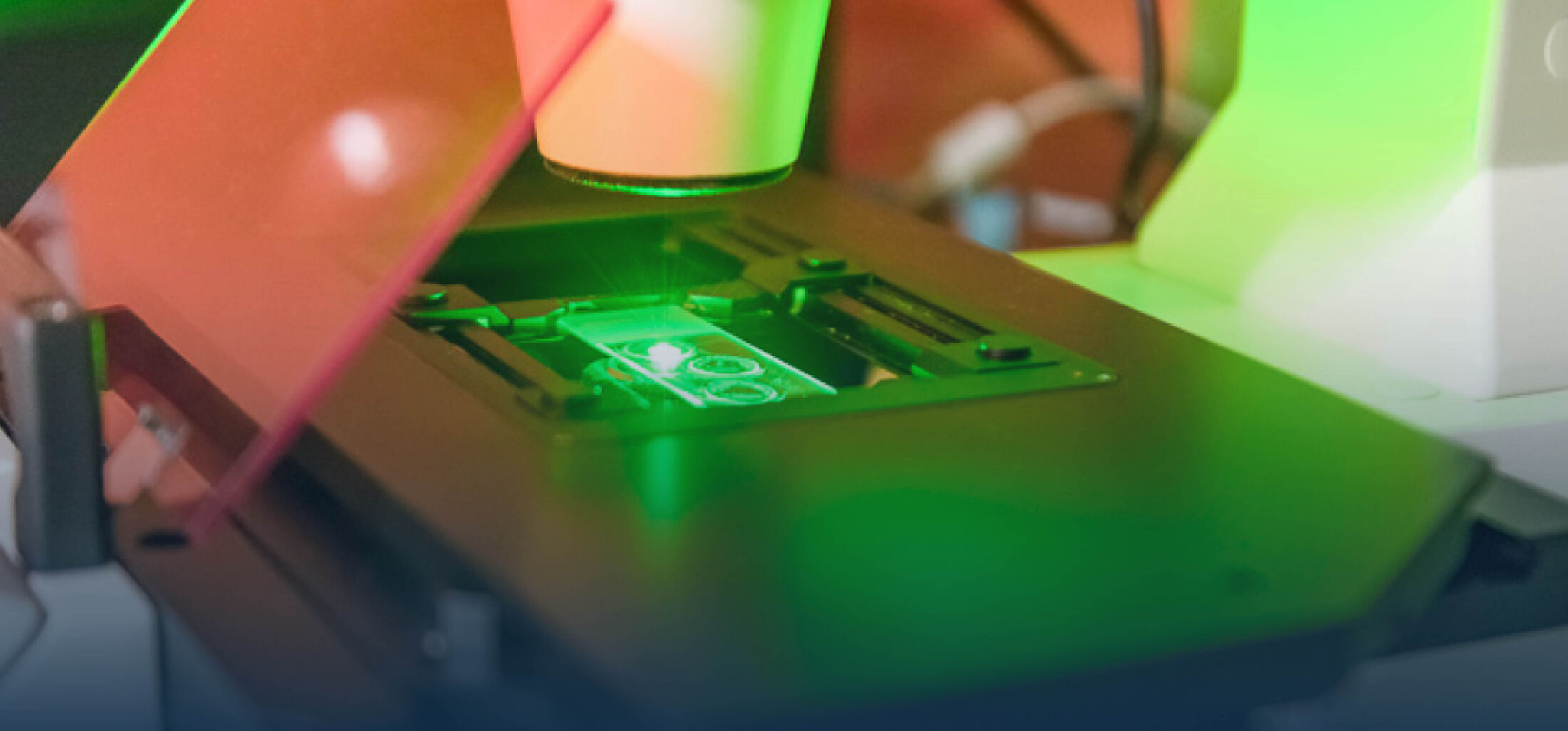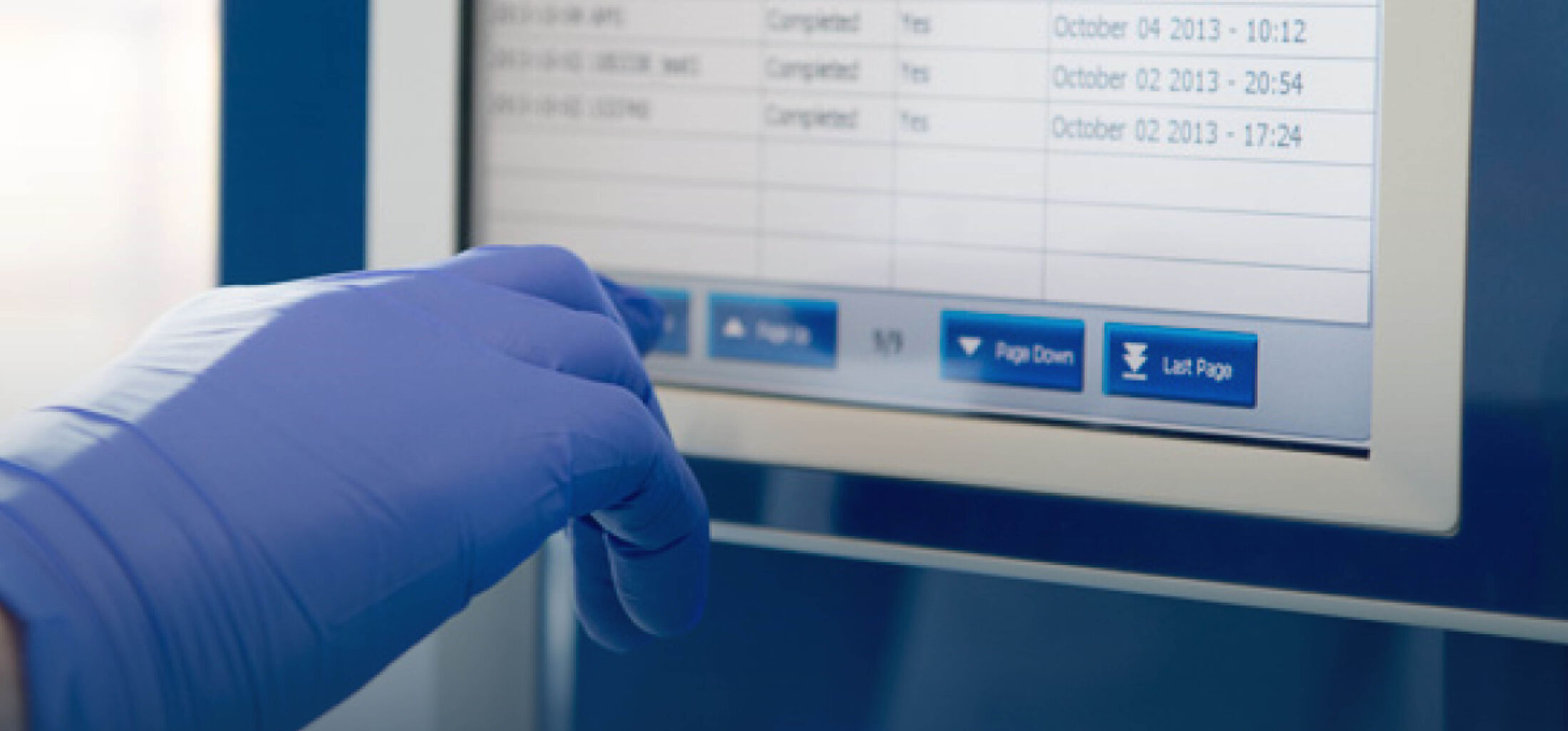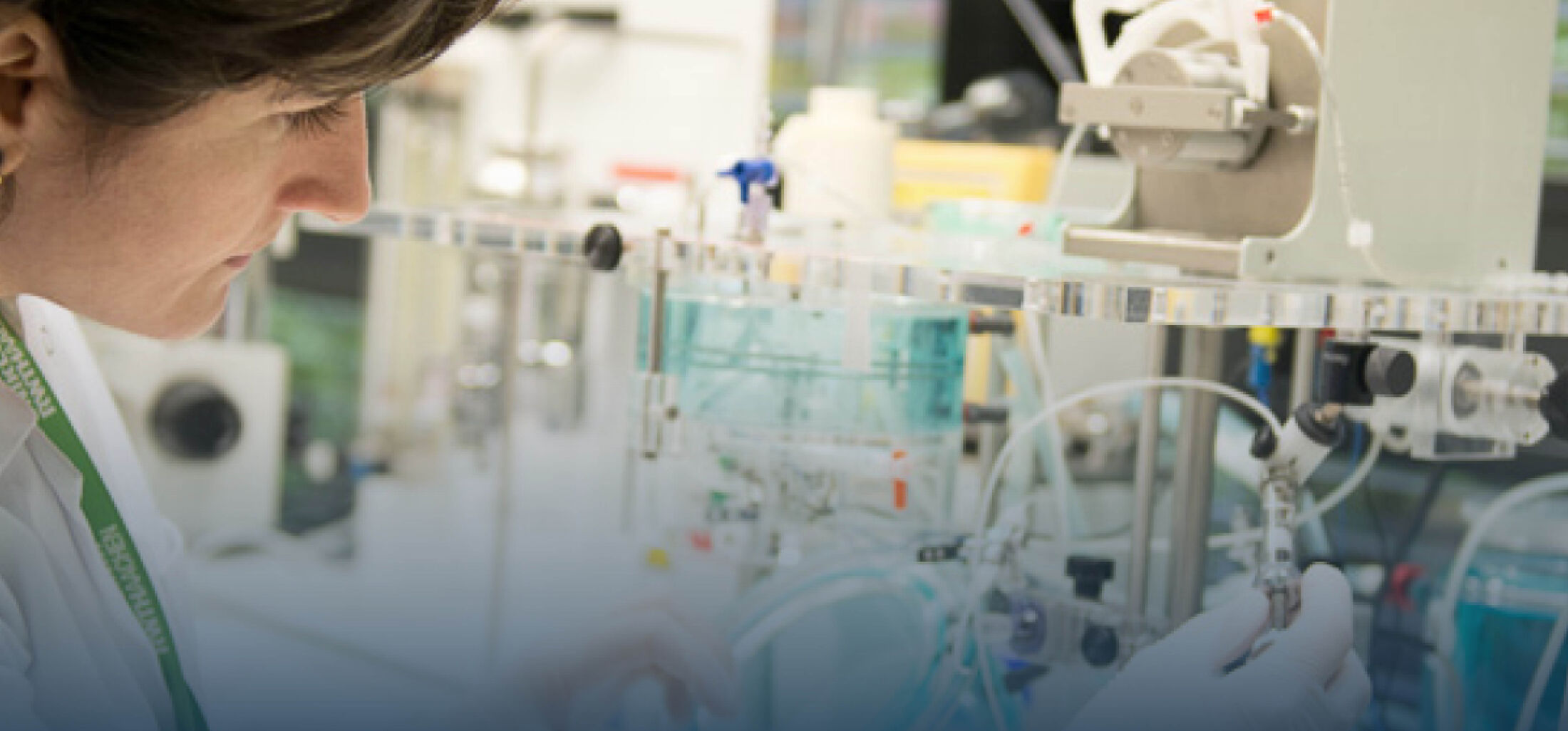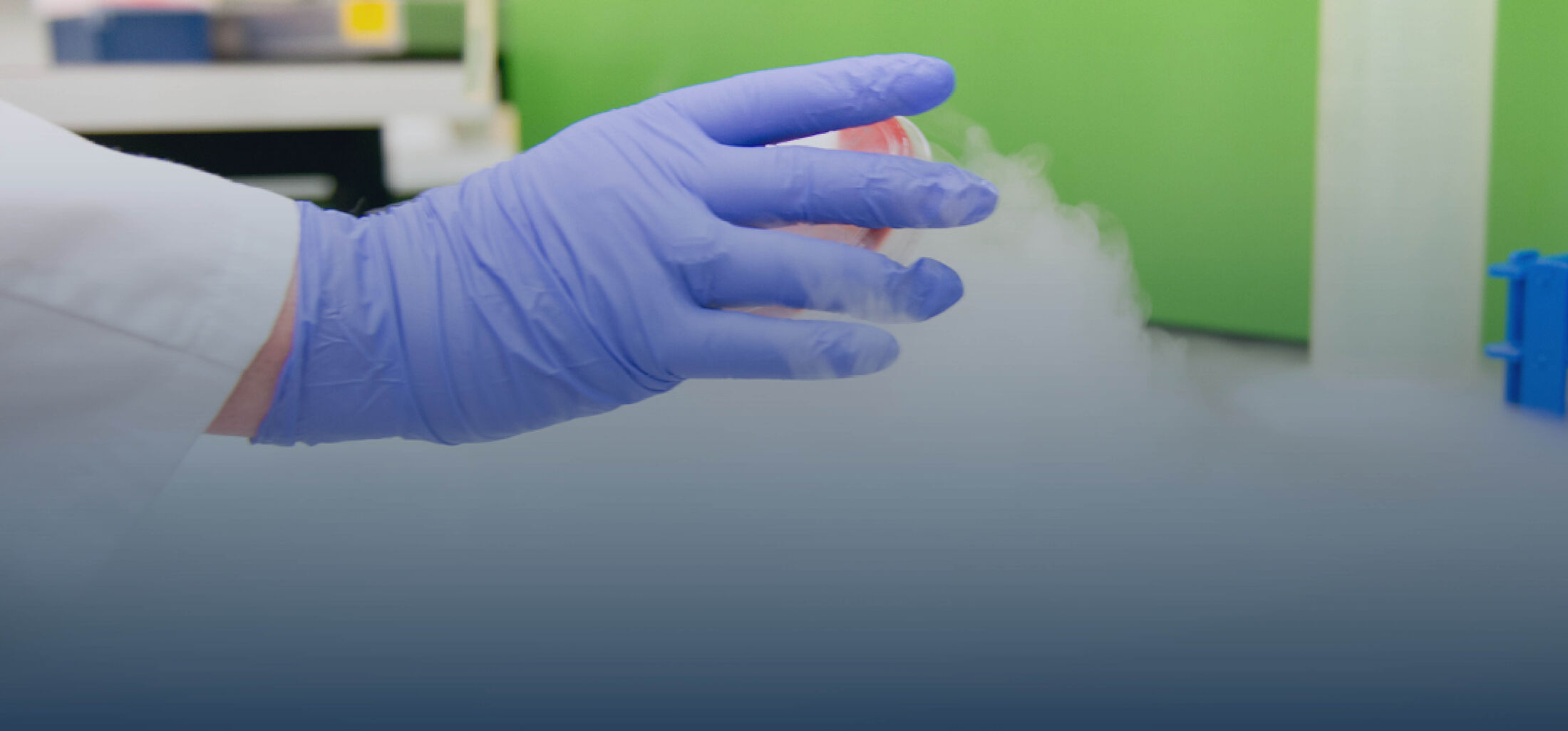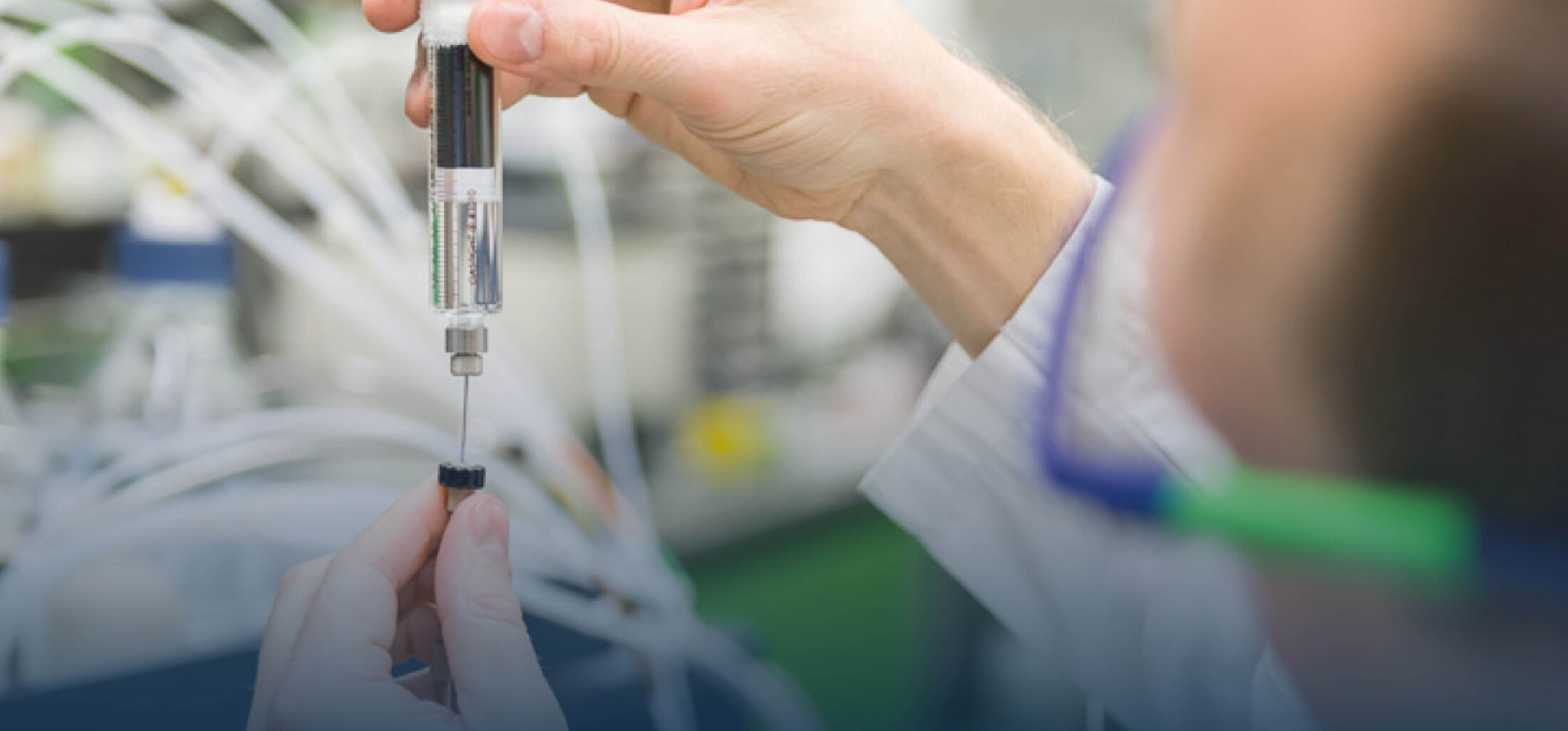Our center
In an increasingly networked and digital medicine, the availability of larger data collectives is an important prerequisite for contemporary research. Following the introduction of advanced tomographic technologies and molecular diagnostics, the use of digital solutions and artificial intelligence in medicine represents a third revolutionary step in the diagnosis of disease. In this context, the automation of image analysis and data management will increase the reliability and reproducibility of diagnostic processes and reduce costs.
This is where the Comprehensive Diagnostic Center Aachen (CDCA) comes into its own as an interdisciplinary institution of Uniklinik RWTH Aachen and the Faculty of Medicine of RWTH Aachen University.
With the progress in molecular medicine, much knowledge has been acquired about the pathomechanisms of diseases, their complexity, and high interindividual heterogeneity. In order to use these findings for impproved patient care various diagnostic methods need to be employed. Founded in early June 2018, CDCA strives to develop tools to automatically evaluate, merge, and efficiently harness these diverse diagnostic data for the benefit of the patient.
Advanced information technology, image analysis and artificial intelligence can be used extract, group, correlate and synthesize multiple parameters from non-invasive and histopathological image data into meaningful combinations. The high potential of such “radiomic” approaches has already been demonstrated for some diseases.
It is also expected that the importance of proteomic and genomic blood and urine analysis for the diagnosis and follow-up of diseases will increase. The task of the CDCA is to examine to what extent the different diagnostic procedures and parameters are complementary or redundant and which procedures allow the patient the optimal choice and control of the therapy with the least amount of time and cost.
Find out more here about the objectives and tasks of the CDCA.
